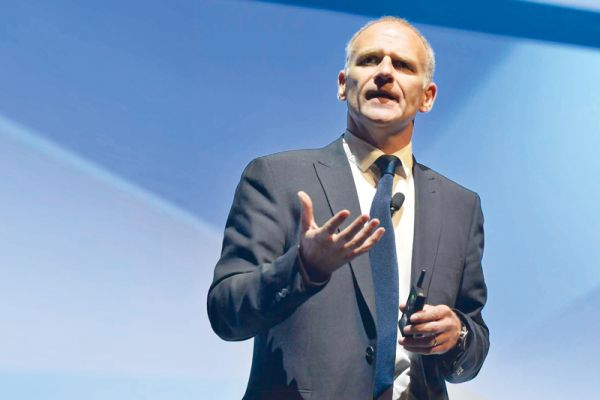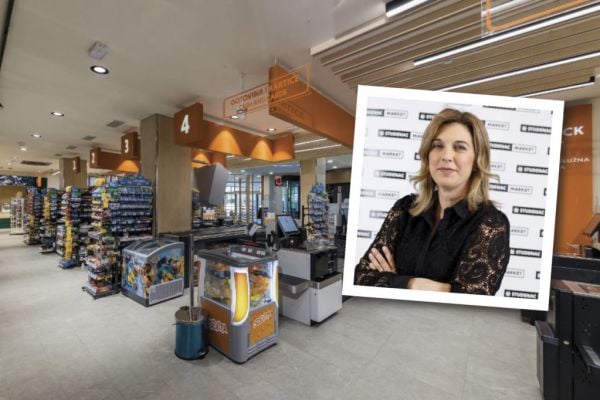Dave Lewis, chief executive officer of Tesco, just got an early Christmas present.
The Competition and Markets Authority has provisionally cleared the supermarket's 3.6 billion pound ($4.7 billion) purchase of wholesaler Booker Group Plc, without demanding any concessions.
This is surely beyond the wildest dreams of both companies. The CMA could have demanded that Tesco sell its One Stop chain of convenience stores, or another swathe of smaller supermarkets.
The outcome is surprising. No regulator wants to be seen as being soft on the mighty Tesco. True, the German discounters are now a strong counterweight. But even after Tesco's troubles with earnings overstatements a few years ago it is still the U.K.'s biggest supermarket, with a 28 percent share. And by swallowing Booker, it is going to get bigger still.
But with competition hurdles out of the way, there's another risk that could put a dampener on the festivities. Shareholder approval is now needed from both Tesco and Booker investors for the merger to complete early next year.
Shareholder Rumblings
As Gadfly has argued, shareholders in Booker have more to complain about than those in Tesco. The premium offered in January was already skinny given Booker's superior growth and its impressive cash generation.
Tesco shares have drifted since the deal was announced, on concerns that its turnaround was running out of steam and that the transaction itself was doomed. As Tesco is paying for Booker partially from its own paper, this pushed down the value of the offer.
Even with the 5 percent rise in Tesco shares on Tuesday, the price is still below its level when the deal was announced in January.
It is also lagging Booker shares. Its investors clearly expect more from Tesco.
What's more, the hurdle for approval on the Booker side is 75 percent of shareholders by value of their holding. On Tesco's side it is 50 percent.
So it is worth Booker shareholders pushing Tesco to offer them more.
Value Question
This strategy is not without some danger. Two of Tesco's biggest investors, Schroders and Artisan Partners, protested in March that Lewis was overpaying. Increasing the value of the deal could inflame their opposition further. If this were to gain traction, at the most extreme, it could be enough to force Tesco to shelve the deal altogether. The shareholder revolt didn't get much support earlier this year, despite initial fireworks. It might get a second wind, but for Booker shareholders, it’s a risk worth taking.
Tesco has more to lose from failing to clinch Booker than its target. If Lewis walks away, he will be saddled with a failed high-profile merger, as well as the lost opportunities for cost savings and a step-up in buying power. With synergies likely to be more than stated -- HSBC has estimated they could be as much as 500 million pounds, compared with the 200 million pounds the companies have announced -- Tesco could afford to pay more.
On the other hand, Booker, led by Charles Wilson, would pretty much carry on as before, throwing off cash and returning it to shareholders.
Booker shareholders have little to lose and much to gain from trying to extract a higher price from Tesco.
News by Bloomberg, edited by ESM. Click subscribe to sign up to ESM: The European Supermarket Magazine.














